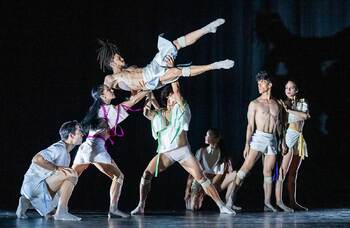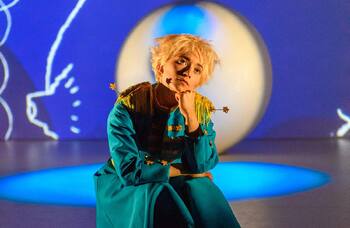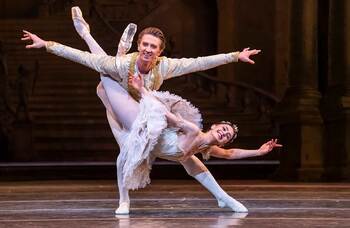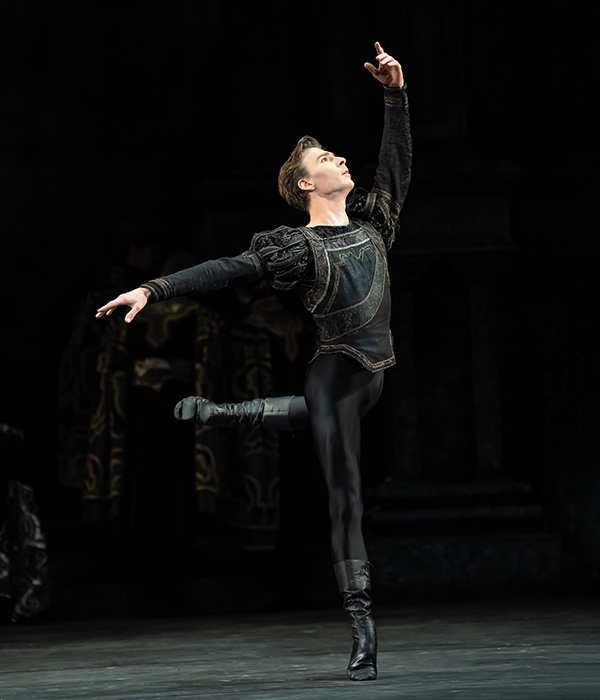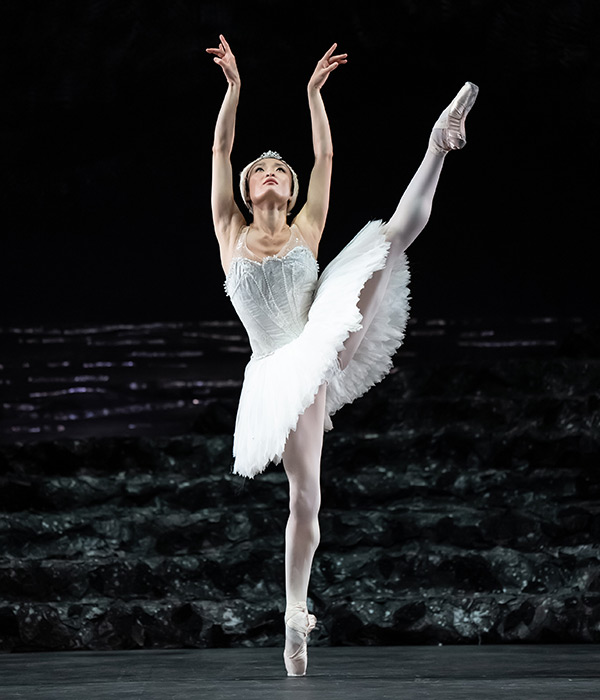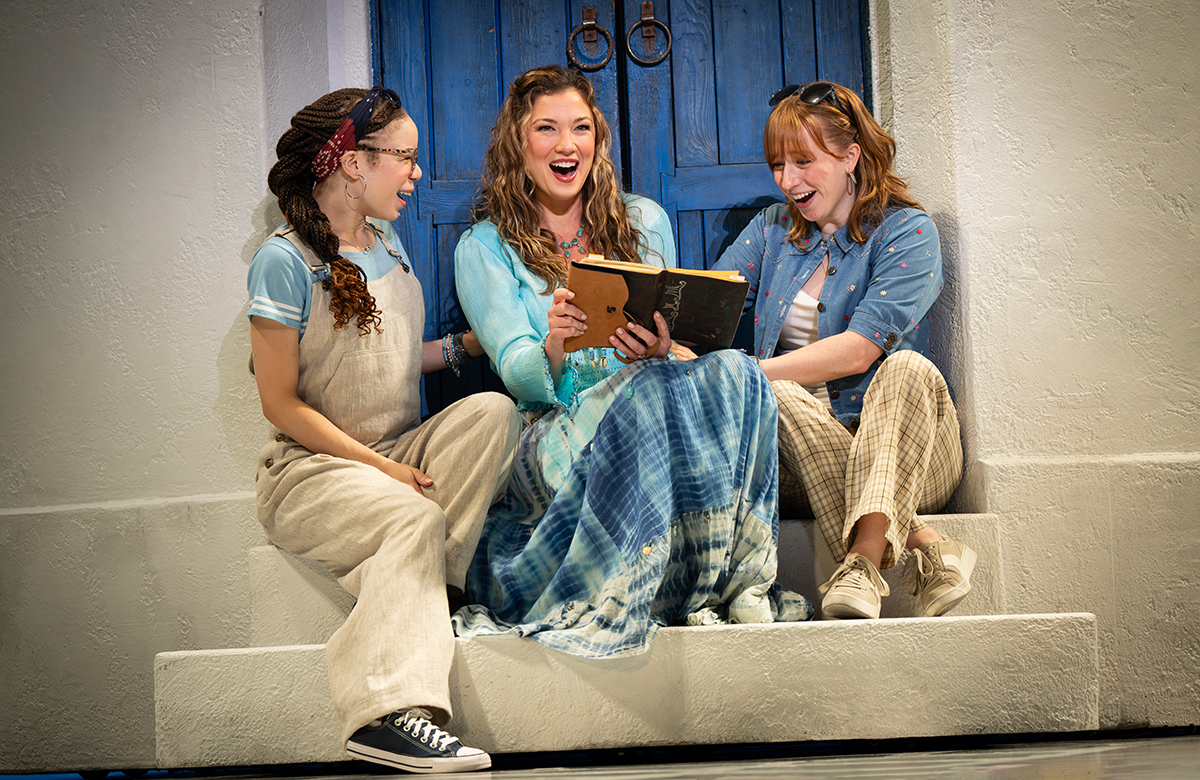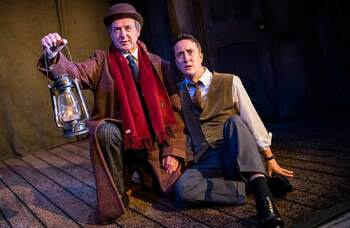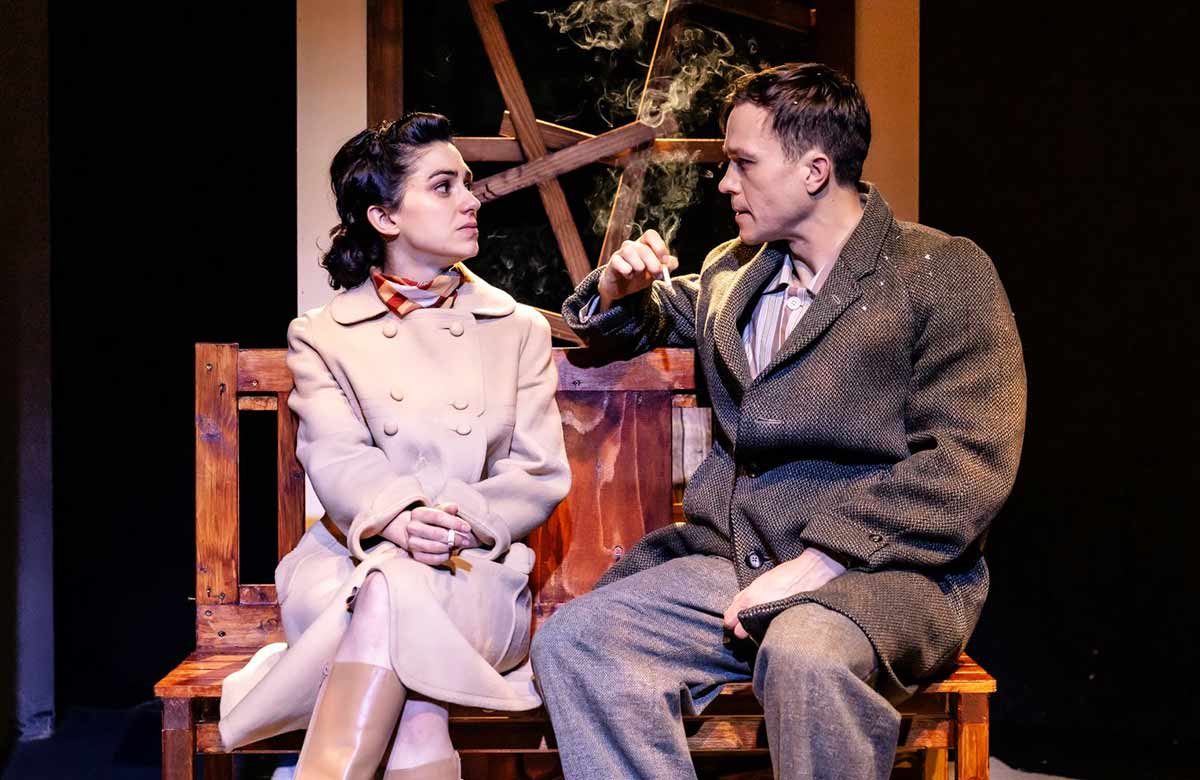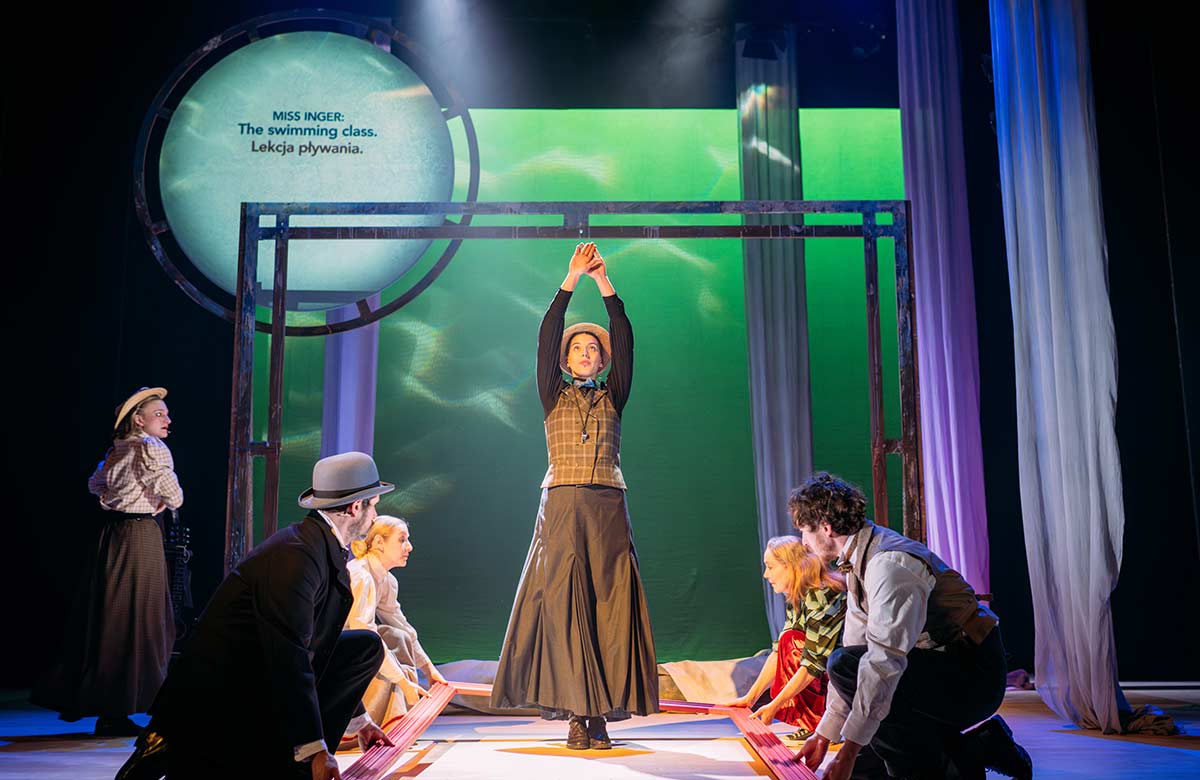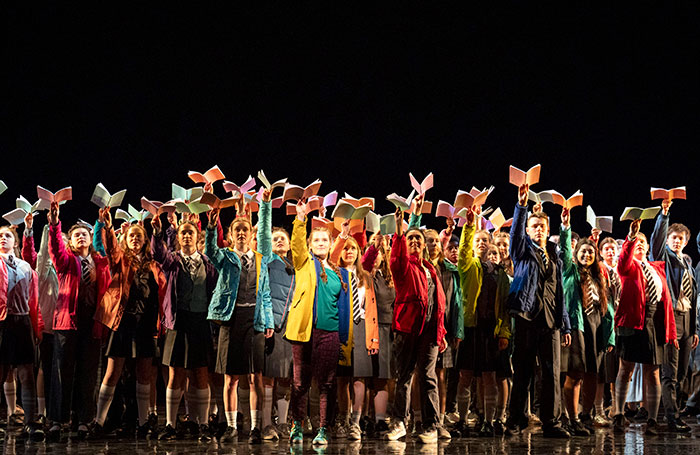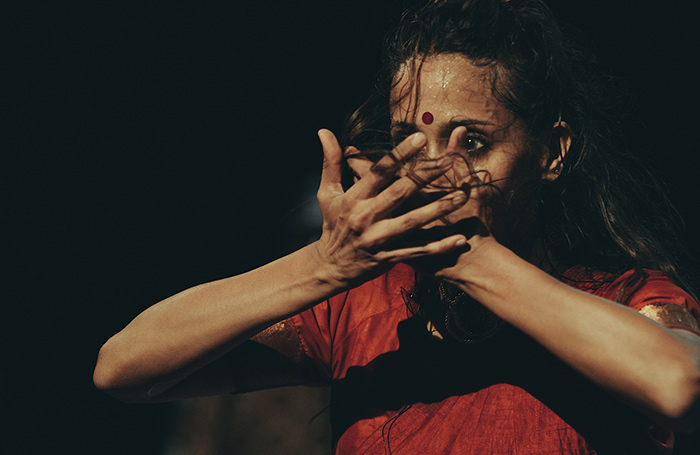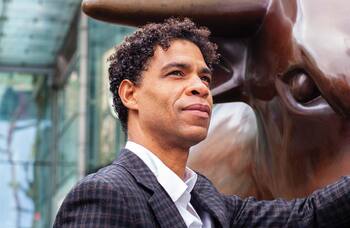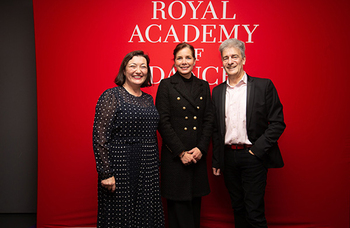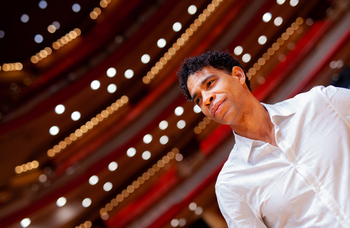Swan Lake review
Opulent design and strong lead performances uplift this stately production
This Birmingham Royal Ballet revival of Peter Wright and Galina Samsova’s production is a mixed offering that finds its stride in the later acts. Wright’s choreography lends a grand and stately tone to Act I’s opening court scene, though on this second-night performance, the spacious and measured choreography doesn’t always meet the grandeur of Tchaikovsky’s score, majestically performed by the Royal Ballet Sinfonia. It does, however, allow Max Maslen’s pensive Prince Siegfried to show his calm control in a challengingly slow solo. Even here, there is a lightness in his elevation and a gentle assurance that he carries throughout the role. It is fitting that, at the end of the show, artistic director Carlos Acosta personally announces Maslen’s promotion for the season to principal.
Philip Prowse’s design for this production, notably the costumes, is spectacularly extravagant: all shimmering, sumptuous fabrics and heavy velvet cloaks. Even the overshadowing presence of the death of Siegfried’s father, glimpsed as a funeral procession in the prelude, is carried through the ballet in glittering tinges of black. It’s a nod also, perhaps, to the sorcerer Rothbart’s hold on the narrative (played here by Rory Mackay). Due in part to the cumbersome costume and less-than-inspiring choreography, Rothbart’s presence is not so threatening, bordering more on pantomime villain. As opulent as these costumes are, they do sometimes hinder.
Continues...
Yaoqian Shang is a gentle, understated Odette. She dances with a quiet sadness and reservation, to which Maslen’s thoughtful and mildly awestruck Siegfried is a fitting partnership. The moment where Shang morphs from princess back into swan at the end of Act II is exquisite, her arms fluttering as if shaking off human form before slipping seamlessly into the rippling elegance of the swan’s wings.
Shang’s reserved Odette is an enlivening contrast to the sparkling sharpness she brings to Odile. Coy and seductive, she lures Siegfried in, lightly snatching her hands from his grasp with perfect timing. It’s a complement to the welcome shift in energy that Act III brings. The variations of Act III’s court dances bring a vitality to the company’s performances, notably a surprisingly joyful Czárdás dance and a lively quartet spin on the floor-skimming, tambourine-shaking steps of the Neapolitan dance. It is just the energy and drama that this somewhat sedate production has been waiting for.
The drama continues as the curtain rises on Act IV, with plumes of dry ice spilling over the stage, drawing gasps from the audience as the corps makes an ethereal entrance. The closing act exudes emotion and, of all moments in this ballet, perhaps best meets the mournful grandeur of Tchaikovsky’s score. Shang dances her Odile with a regal, desolate delicacy, while Maslen’s Siegfried finds his strength and power in his fight for his love. In a ballet of mixed performances, a beautifully balanced final act lifts this production.
More Reviews
Recommended for you
More about this organisation
More Reviews
Recommended for you
Most Read
Across The Stage this weekYour subscription helps ensure our journalism can continue
Invest in The Stage today with a subscription starting at just £7.99

